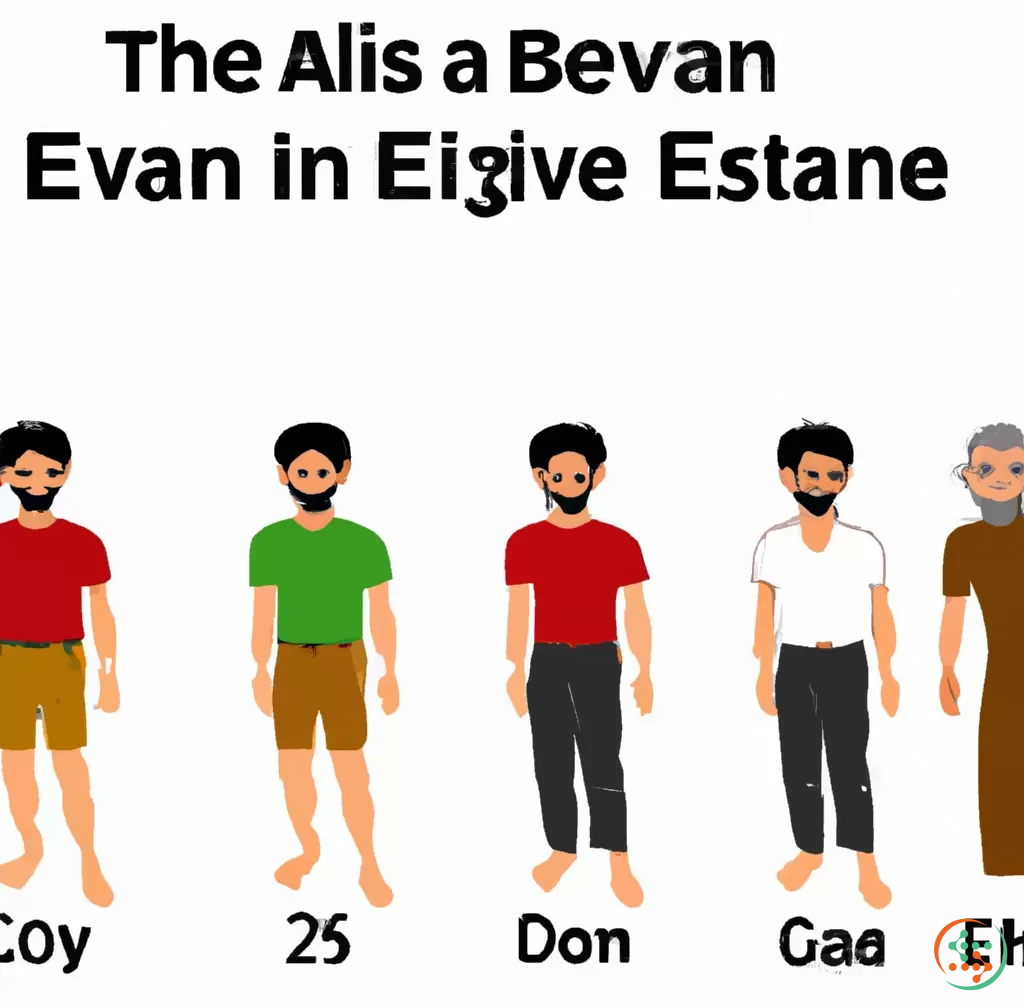Throughout human history, the question of our origins has occupied a significant place in both philosophical and scientific discourse. The intriguing relationship between evolutionary biology and spirituality presents a grand design, one that invites contemplation and reflection. The Bahá’í Faith, with its unique perspective on human evolution, offers profound insights into the interplay between the material and the spiritual realms.
The Bahá’í teachings articulate a vision wherein human evolution is not merely a biological phenomenon but a multifaceted journey of the soul. This unique perspective posits that physical evolution serves as a backdrop for a more consequential spiritual evolution. The interplay between these two dimensions is crucial for understanding the broader implications of humanity’s journey through time.
A common observation in the study of human evolution is the remarkable development of cognitive capacities, social structures, and moral frameworks. The Bahá’í Faith addresses this phenomenon by positing that humanity is engaged in a collective process of development that transcends individualistic interpretation. This generative evolution is not a series of random mutations; rather, it is a deliberate progression towards higher states of consciousness and morality.
The concept of “progressive revelation” is central to Bahá’í theology. The teachings emphasize that divine guidance has been imparted to humanity through a series of Manifestations of God, each providing insights appropriate for the societal context of their time. This divine educational framework suggests that evolution is both a physical and spiritual trajectory. Each revelation acts as a catalyst for social cohesion, fostering unity and collaboration among diverse peoples—a principle that mirrors the evolutionary need for cooperation among species in the natural world.
Moreover, Bahá’í teachings elucidate a particularly fascinating aspect of human evolution: the idea that human beings possess a dual nature, embodying both material and spiritual elements. This duality prompts a deeper inquiry into the innate potential within each individual. The Bahá’í perspective encourages believers to recognize not only their physical existence but also their inherent spiritual qualities. Such recognition is pivotal in fostering moral responsibility and altruism, essential traits for the advancement of humanity.
Within the context of evolution, the Bahá’í framework posits that the dual nature of human beings enables them to transcend their immediate surroundings and make choices that impact the world at large. Such choices invariably lead to the overarching concept of an interconnected human family. This principle resonates deeply with contemporary global challenges, illustrating that the evolution of consciousness is inextricably linked to our collective fate as a species.
The fascination with human evolution extends beyond mere biological inquiry; it encompasses the search for meaning and the quest for purpose. The Bahá’í Faith asserts that human beings are endowed with the capacity for free will. This autonomy means that individuals play an active role in shaping both their personal destinies and the course of human evolution. This capacity for choice facilitates a deeper engagement with life and encourages the pursuit of knowledge, both spiritual and scientific, thus enhancing the overall trajectory of social progress.
Furthermore, as humanity grapples with the complexities of our evolutionary past and future, Bahá’í teachings advocate for an integrative approach to knowledge. The intertwining of science and religion is not merely encouraged but is deemed essential for understanding the universe in its entirety. The Bahá’í perspective challenges the notion of conflict between scientific inquiry and spiritual insight, advocating instead for a harmonious synthesis that enriches the human experience.
At the heart of the Bahá’í approach to human evolution is the idea of unity—unity in diversity. This concept proposes that the intricate tapestry of human societies is enriched by the multitude of cultures, languages, and traditions. As humanity evolves, the recognition and celebration of this diversity become vital for fostering a peaceful coexistence. The Bahá’í teachings thus advocate for a global ethic, emphasizing the moral imperative to cultivate empathy and understanding across cultural divides.
As we delve deeper into the implications of Bahá’í teachings on human evolution, the dialogue extends to the responsibilities of contemporary humanity. The awareness of our shared evolutionary heritage invites us to undertake collective stewardship of the planet. Addressing ecological crises, social injustices, and inequities becomes part of the larger narrative of evolving as a species. It is through conscious effort and purposeful action that we align our evolution with the spiritual dictates of justice, compassion, and equality.
In conclusion, the Bahá’í teachings on human evolution provide a compelling framework for understanding the grand design of our existence. By recognizing the intertwined nature of material and spiritual evolution, individuals may find a deeper sense of purpose and connection to their fellow human beings. The journey toward unity, knowledge, and understanding will undoubtedly shape the trajectory of our species as we navigate the complexities of the modern world. Such an exploration affirms that the evolution of humanity is not solely a scientific endeavor but a sacred journey imbued with significance, responsibility, and hope for a better future.
